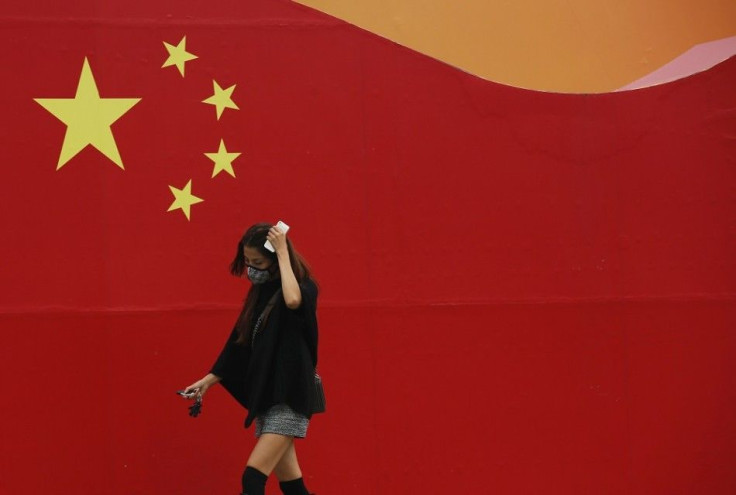China to punish news outlets using social media as source

China will be punishing news outlets that use social media as source. The Cyberspace Administration of China, which censors online information in the country, has said the new mandate could be interpreted as a requirement to adhere to stricter standards of journalism.
The government agency issued a statement (via New York Times), announcing that it would punish websites that publish unverified content found on social media and other online platforms.
“It is strictly forbidden for websites not to specify or to falsify news sources and to use hearsay to create news or use conjecture and imagination to distort the facts,” it said.
The agency added it had already warned and punished nine websites, including Tencent, Sina, Ifeng, Caijing and 163. It did not say how the websites were punished.
The announcement was made earlier this week, just a few days after Xu Lin replaced Lu Wei as the agency’s director. But while it was directed at news outlets, its aim was to restrict ordinary citizens from posting news found on social media platforms, according to Qiao Mu, an associate professor of journalism at Beijing Foreign Studies Univesity.
“The statement is more about intimidating every Internet user because they are hard to control,” he was quoted by the NYT as saying.
China Media Project website editor David Bandurski said that the Chinese government wants published news to conform to political norms rather than to any objective standard of the truth. “It means political control of the media to ensure regime stability,” he said, adding there is “fundamental conflict between the propaganda role of the media … and the demand that they be truthful.”
This is not the first time the Chinese government has sought to restrict its citizens’ use of the Internet. It has already blocked popular foreign websites, including Google and Facebook, in what it claimed was a bid to control national security and stop the spread of false rumours.






